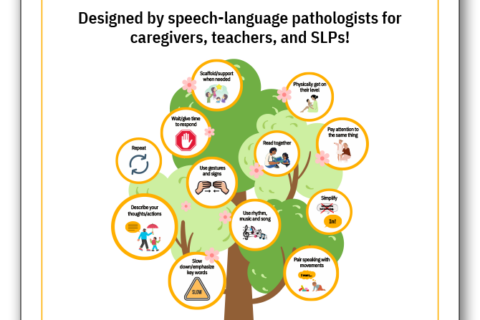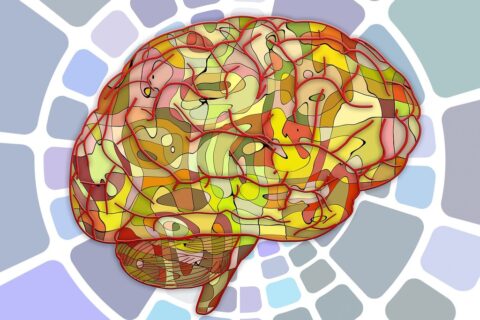Open Lines® Founder Dr. Galgano Gives Interview on MichaelJFox.org
Open Lines®’ founder and CEO, Dr. Jessica Galgano, speech-language pathologist, recently gave an interview on MichaelJFox.org where she shared her insights on the link between Parkinson’s Disease (PD) and swallowing problems.
Wellness is at the heart of Dr. Galgano’s message. She emphasizes that maintaining overall health and well-being through mindfulness practices and staying connected to those people and activities that bring us the most joy in life, is a critical component of preventing and managing swallowing problems when living with PD.
The Link Between Parkinson’s and Swallowing
While many are familiar with PD’s link to progressive changes to the nervous system that affect movements in various ways, we mustn’t underestimate how our sense of well-being, our connection to ourselves, the important people in our lives and our ability to participate meaningfully in life interplays with stress, mood, motivation, and coping skills which will affect eating behaviors.
When difficulty swallowing occurs, this condition is termed dysphagia. The neurological and dopaminergic underpinnings that cause changes to motor movements in PD are also linked to shifts in mood, attention, memory, and sensory processing. These symptoms may be compounded by additional factors as well such as medication side effects, frustration communicating due to changes in voice and speech as well as physical limitations, pain and discomfort.
There are often multiple and potentially manifolding alterations to physical, cognitive, emotional, and social wellbeing that individuals with PD are grappling with at any given time on any given day. This could make it hard to juggle professional duties, to remember to eat or recall how to prepare a meal, regulate emotions throughout the day, communicate needs and preferences, order a meal, and participate in routine daily activities with the same ease. Meals may be prolonged and arduous due to muscle weakness affecting how comfortably and efficiently food moves from the mouth to the stomach.
Regrettably, people living with PD tend to experience higher rates of apathy, anxiety, and depression with implications extending to health, personal, social, vocational, and recreational aspects of life. Knowing that eating is a highly social behavior, when considering swallowing changes within this holistic framework, it’s much clearer to appreciate how multiple elements of a person’s unique life circumstances may promote or impinge physical aspects of health such as appropriate posture, good oral hygiene, and maintaining exercise routines for optimal motor functioning as well as continued motivation and enjoyment around food and meals.
Why It Is Important to Treat Dysphagia
Not everyone with PD will observe problems swallowing. If difficulties arise, it’s important to take time to listen to a person’s story, understand their daily lived experience, and consider how various social, cognitive, and emotional elements – in addition to medical ones – interact with a person’s eating behaviors and overall well being.
Signs of dysphagia may cause you or your loved one significant fear and worry. We are here to assure you that there are many ways to improve dysphagia and increase your sense of comfort, confidence, and joy around meals, however, we do stress that the condition should always be taken seriously.
Without proper support and intervention, dysphagia can lead to malnutrition, dehydration, and aspiration pneumonia. More often, it negatively impacts a person’s quality of life, making it difficult for them to enjoy social activities that involve eating and drinking.
How to Treat Parkinson’s-related Swallowing Problems
Everyone’s situation is unique, and the most effective treatment interventions apply a compassionate and holistic approach that incorporates personalized mindfulness strategies to increase, for example, awareness of physical and emotional states throughout the day, as well as various evidenced-based strengthening exercises, postural and behavioral modifications, and compensatory strategies to support the safety and efficiency of a swallow.
Effective treatments are always founded on strong knowledge of neurophysiological aspects of swallowing with understanding of how stress, motivation, cognition, and socioemotional elements interconnect to support successful, meaningful, treatment outcomes. For more details about interventions strategies as well as dysphagia symptoms to be aware of, read Dr. Galgano’s interview at MichaelJFox.org.
If you’re struggling with communication difficulties, it’s time to turn to Open Lines®. Contact us via phone (212-430-6800), email [email protected], or by filling out our convenient contact form. Improve your communication skills and unlock your potential with Open Lines® Speech and Communication in New York today!
Get in Touch With Open Lines®














